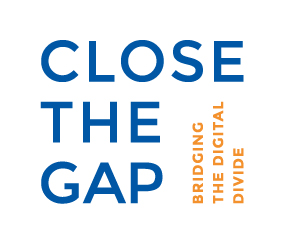History
“It’s a great initiative by Close the Gap to complete the circle.
It’s really important to take responsibility for the waste that remains at the end.
Close the Gap has shown great leadership.”
Ms. Neelie Kroes, Vice President, Digital Agenda for Europe

In 2008 Close the Gap, an ICT for development non-profit organization, identified the need for accessible environmentally safe recycling processes for the ICT hardware used in their beneficiary projects in the developing countries. After exploring the possibility of creating a public-private partnership to create an environmentally friendly e-waste management system for these regions, the WorldPC Project was born.
Based on a feasibility study and thanks to the support of early believer, sponsors and strategic partners, Close the Gap set up a pilot project in 2011 in Nairobi Kenya. On the 27th of September 2011, Close the Gap inaugurated the WEEE Centre, WorldPC’s first facility for e-waste recycling in Nairobi, Kenya specializing in end-of-life management of computers. A high-level delegation of European Union representatives led by European Commission Vice-President Neelie Kroes, corporate supporters, Close the Gap and strategic partners attended the special event.
The WorldPC pilot project was financed through a mechanism of e-resource certificates that were voluntarily purchased by sponsors in Europe. With the support of the certificates, over 2,500 computer assets were collected and recycled in Kenya during the pilot project. The hazardous fractions of the computers which could not be recycled locally were shipped back to Europe, ensuring a closed loop recycling system for all e-waste components.
2012 marked a year of transition and maturity for the pilot project. Through the invaluable support from our sponsors and partners, the WorldPC project was able to take off as a separate organization with the new name WorldLoop and a dedicated management team. The new team leveraged the momentum created by Close the Gap to expand its collection scope, geographical reach and promote the importance of environmentally sound e-waste management in developing countries.
Today, WorldLoop continues to work with local entrepreneurs in the other African regions and around the world to help set up the needed infrastructure and network of collection, sorting, dismantling and pre-processing centres according the strong standards of recycling found internationally. The learnings are with others, as the hope is to make a sustainable solution so our existence will no longer be necessary.
Learn how to play a role in achieving a world without e-waste, get involved.


